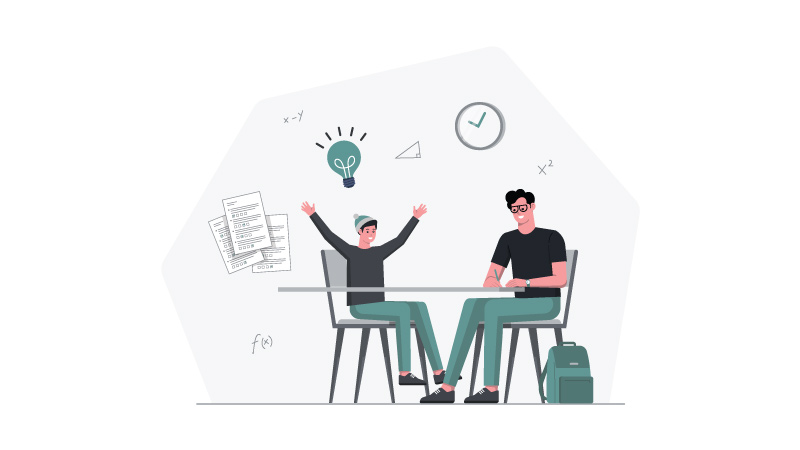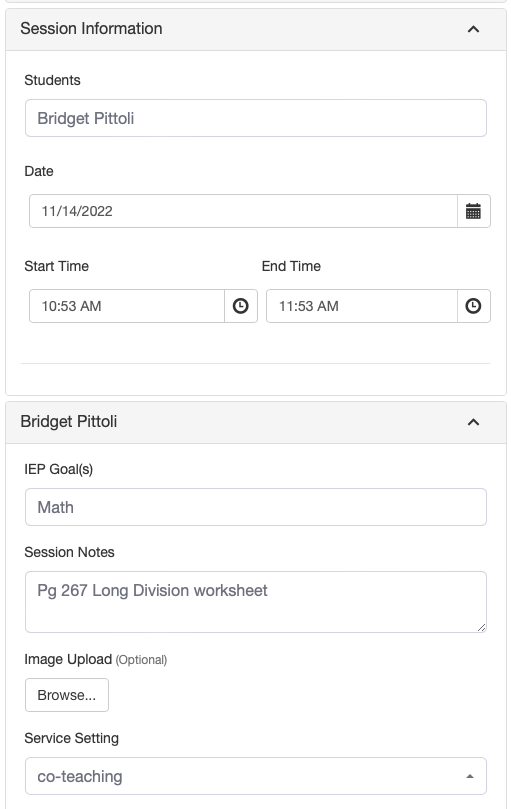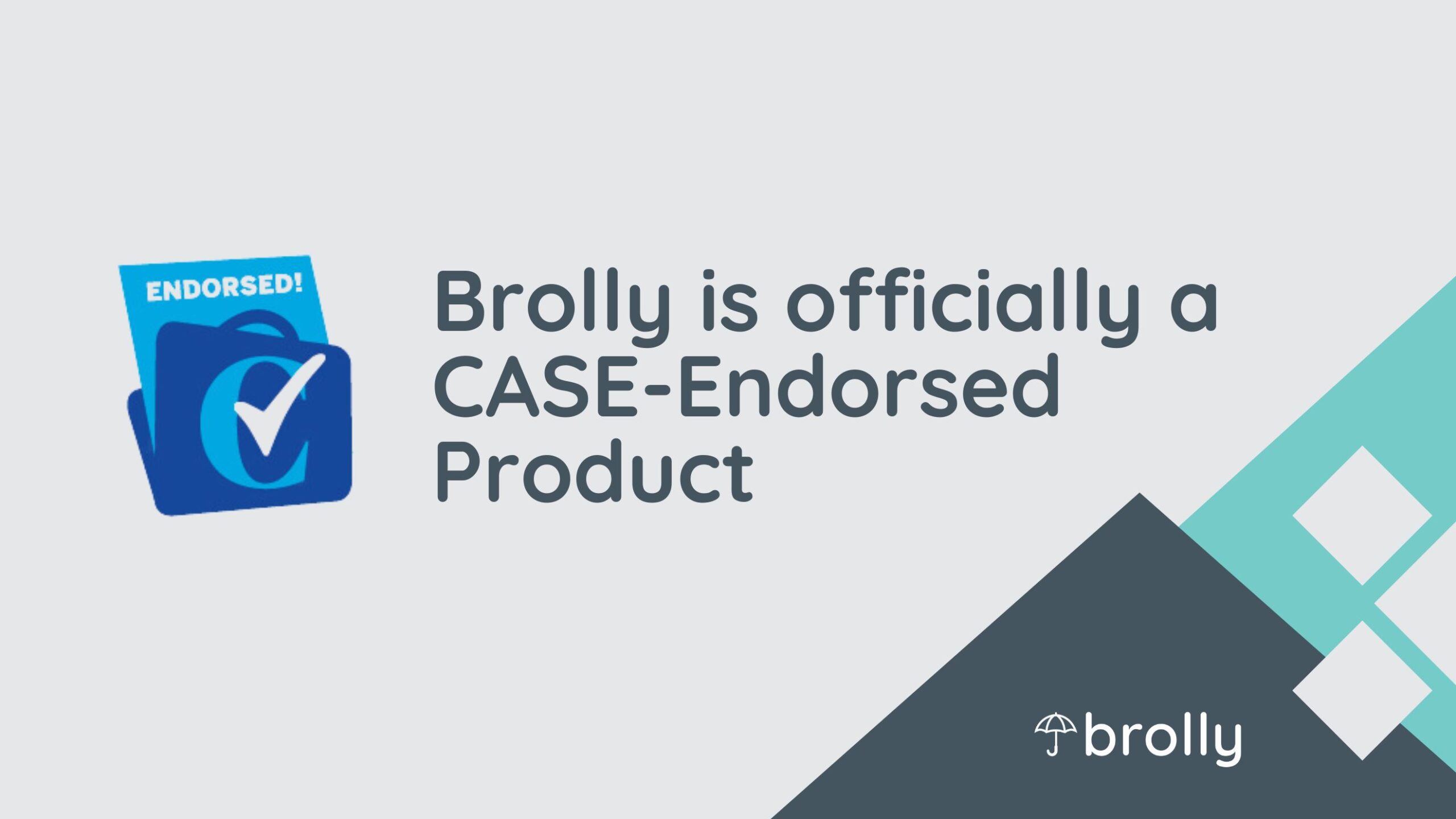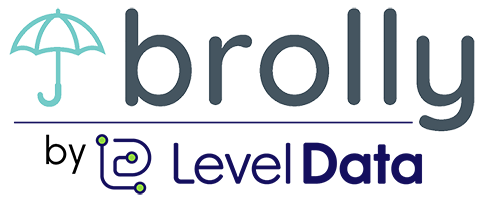Special Education Services

Special Education
Special education is education that’s modified to meet the needs of a student with disabilities. It’s designed to help a student with disabilities make progress towards annual goals. These goals may be in academics, functional and behavioral skills or postsecondary transition related to training, education, employment or independent living skills. The special education a student receives is unique to their needs.
Related Services
Related services help the student benefit from special education and achieve their goals. Related services include:
Speech-language pathology (SLP) and audiology services
SLP services help improve skills like understanding directions, sharing thoughts, reading or writing. SLP may be special education or a related service. It typically becomes a related service when there’s another disability category that results in the need of specially designed instruction through the IEP. Audiology services help student with hearing loss or auditory processing disorders.
Interpreting services
Interpreting services help students who are deaf or hard of hearing. They may include oral language, cued language or sign language transliteration services.
Psychological services
Psychological services support students with academic, emotional or behavioral issues related to their disability. This can include areas like organizing time, interacting with others, and improving study skills.
Physical and Occupational therapy
PT helps students improve functional skills in a school setting. For example, helping a student with balancing, carrying materials, or managing playground equipment. OT helps students participate in school-related routines and activities like putting on a coat, taking notes, or feeding themselves.
Recreation
Recreation services help students learn to utilize leisure time and support the physical, mental and emotional well-being of students with disabilities.
Early identification and assessment of disabilities in children
This means a formal plan for identifying a disability as early as possible in a child’s life.
Counseling services
A school counselor may help a student address issues interfering with educational success. They may help in a classroom setting with behavior and classroom management.
Medical services for diagnostic or evaluation purposes
Medical services are a related services only as it relates to determining a child’s medically related disability and need for special education.
School heath and nurse services, social work, and parent counseling and training.

How do you know what services a child should receive?
Special education and related services are part of the Individuals with Disabilities Education Act (IDEA).
IDEA is a law that makes available a free and appropriate public education (FAPE) to eligible children with disabilities and ensures special education and related services to those children.
IDEA Part B covers many aspects of special education law. It includes stipulations on special education and related services (we’ll use the umbrella term services going forward) and how they relate to the individualized education program (IEP).
The IEP is a legally binding document that each child with a disability receives. The IEP team updates it on an annual basis. The child’s strengths, parent concerns, evaluation, and needs all inform the IEP.
One component of the IEP is the IEP goal – a measurable goal that enables involvement and progress in the general education curriculum. It also meets other educational needs resulting from the disability.
The IEP must also include a statement of what services will be provided to the child. These services need to advance the child toward the IEP goals. That’s why Brolly ties every service log to one of the child’s IEP goals. Services are not random and isolated. They should align with outcomes (the IEP goals). The IEP will also specify the projected date services will begin as well as the anticipated frequency, location and duration of those services.
What data gets collected for special education services?
Each state, district and school may have their own protocols related to service tracking data collection.
Brolly’s service tracker includes student, service date, start and end time, and session notes. We also just released a new service setting feature to track service location. These datapoints helps administrators understand:
-
-
- service minutes a student received
- instruction during those services (specifically designed instruction)
- session location
-
With this information administrators can begin to understand if the student received the services in their IEP.
* Brolly also compiles progress monitoring data alongside service tracking. This chronological view of each session provides insights into how the services impact progress. You can learn more about our progress monitoring here.

Why would a district track special education services?
Tracking special education services in conjunction with progress can provide documentation to:
– Inform future IEP services
– Address parent concerns
– Proactively identify gaps in compliance
– Prepare for IEP meetings
– Understand when adjustment to instruction may be warranted
– Respond to due process complaints
– Retain important student information during teacher turnover
– Support new teachers by providing context on students in their caseload
– Determine if compensatory services are needed
How are special education services documented?
Educators document services in a variety of ways. Often teachers and providers will develop their own method for collecting data. Some district administrators are centralizing IEP data collection to improve compliance oversight.
Three common options for documenting services are pen & paper, spreadsheets (like google docs), and specialized software.
The paper and pen method is simple and has little to no cost or learning curve. Websites like teacherspayteacher.com offer a variety of low-cost templates. A major downside is the lack of visibility for other colleagues and administrators. There’s no way to identify potential compliance gaps, effective instructional strategies, or trends. The information is siloed and inaccessible, often only shared at an IEP meeting.
Spreadsheets are another common method for documenting services. Like paper & pen, it’s a low cost, low learning curve tool. A school or district may create a template spreadsheet for all their educators. However, it’s time consuming to combine data into meaningful, high-level information. The siloed datapoints make it hard for an administrator to get a full view of what’s happening in the district.
Specialized software is a relatively new option for IEP service tracking. While it’s a higher price point than the previous two methods, it’s still relatively inexpensive considering its value. Service tracking software help standardize the data collection process, while providing administrators a big picture view.
Brolly, for example, uses form-based data collection. Every log has consistent information – date, start and end time, student, applicable IEP goal, session notes and service setting. These data points are valuable when questions around services arise. An administrator can access service information whenever they need it. They can quickly understand if services were provide in accordance with the IEP.
You can read more about the pros and cons of various IEP goal tracking tools here or if you’d like to learn more about Brolly book a demo.
References:
https://sites.ed.gov/idea/regs/b/a/300.34
https://iris.peabody.vanderbilt.edu/module/rs/cresource/q2/p05/#content
https://sites.ed.gov/idea/regs/b/a/300.39
https://iris.peabody.vanderbilt.edu/module/scd/cresource/q2/p04/
https://www.pacer.org/parent/php/PHP-c267.pdf
https://sites.ed.gov/idea/regs/b/a/300.34
https://sites.ed.gov/idea/statute-chapter-33/subchapter-ii/1414
https://iris.peabody.vanderbilt.edu/module/rs/cresource/q1/p01/

